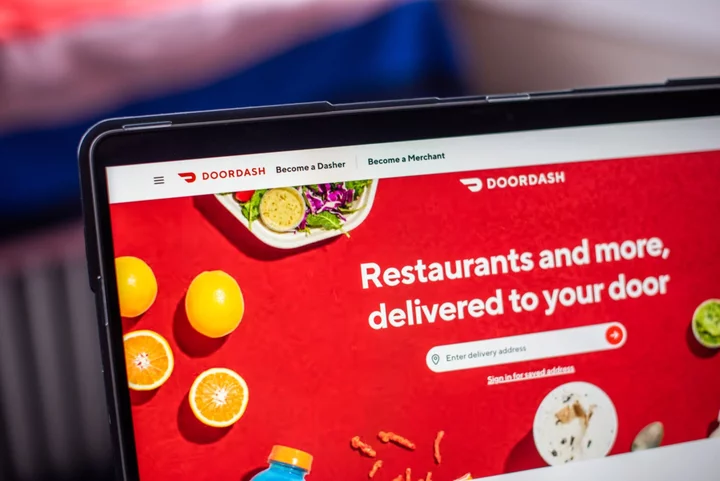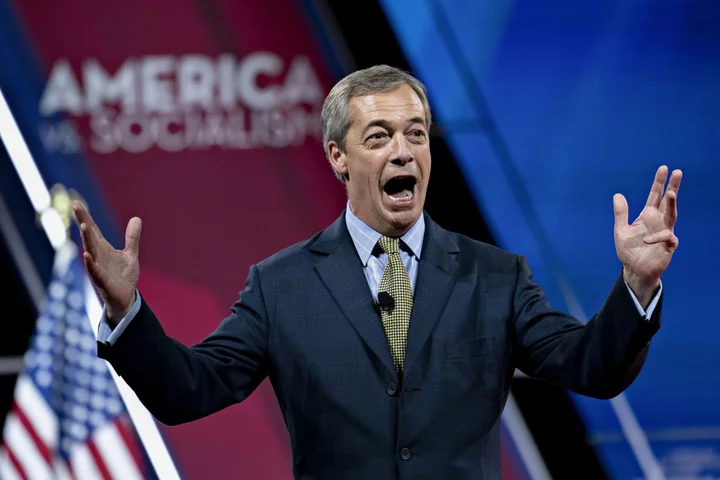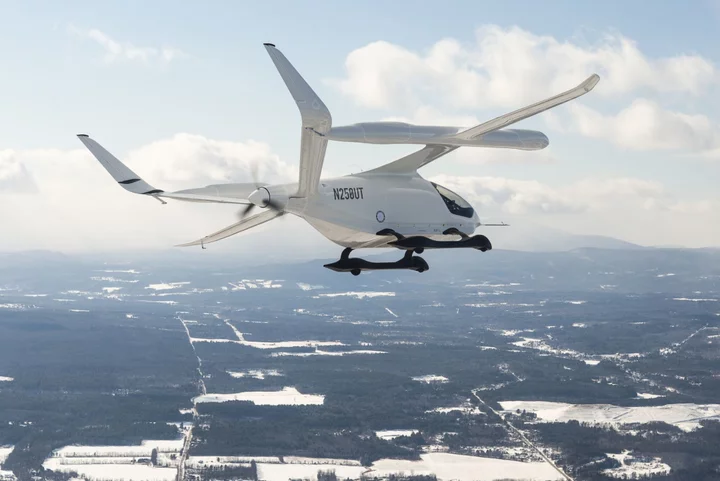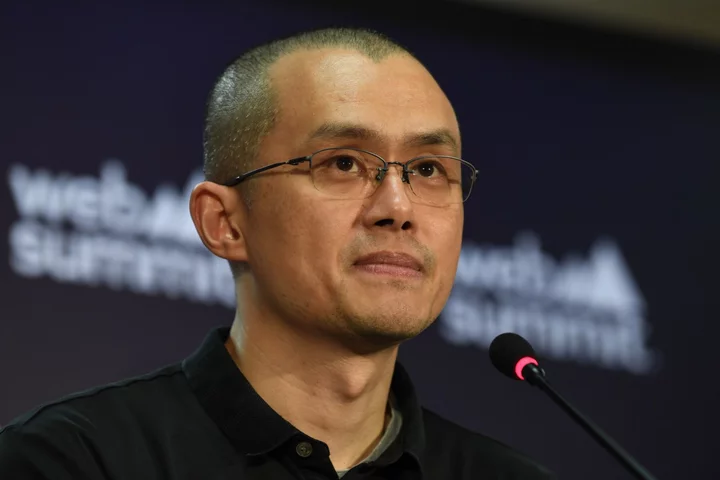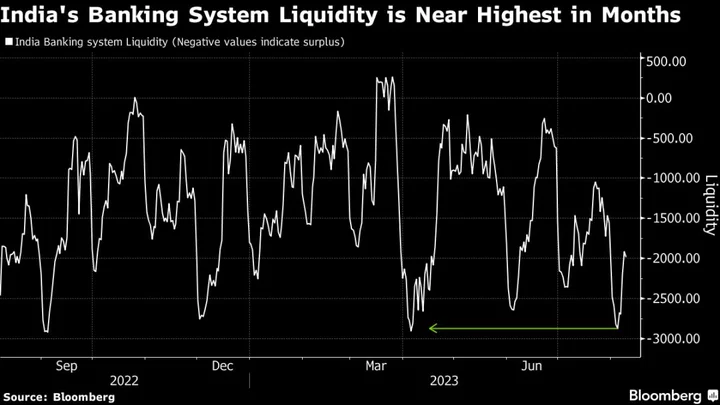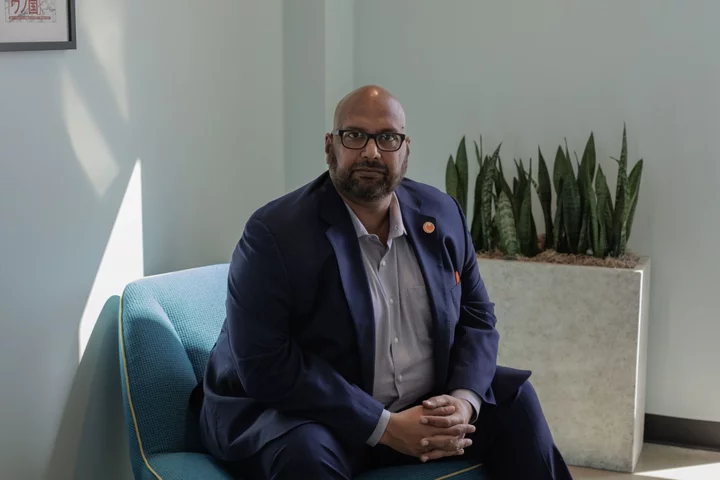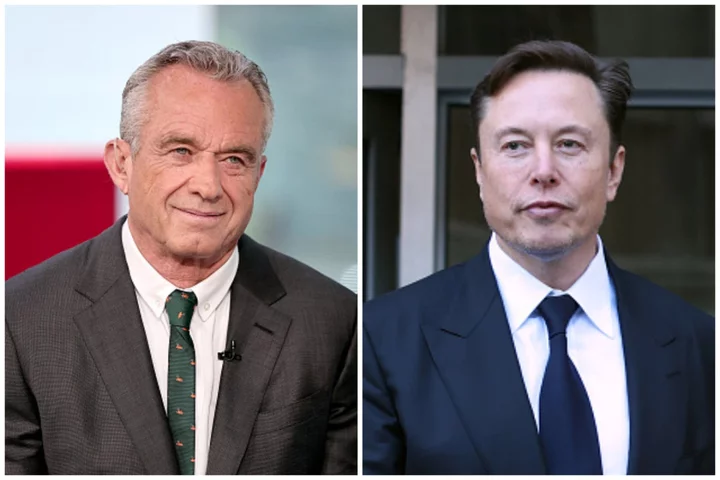A New York state judge issued a temporary halt to a new city law scheduled to go into effect next week, which requires minimum wage payments for app-based food delivery workers.
New York State Supreme Court Justice Nicholas Moyne on Friday granted the temporary stay after lawyers for Uber Inc., DoorDash Inc., Grubhub Holdings Inc. and Relay Delivery argued they could be irreparably harmed by the law, set to go into effect July 12.
Moyne ruled the new law wouldn’t go into effect until lawyers for New York City and the app-delivery firms file formal papers with their arguments. The judge scheduled another hearing for July 31.
“The court is going to issue an order temporarily enjoining the statute from being effective pending the hearing,” Moyne said Friday, after hearing from lawyers for the four companies as well as a lawyer for the city. “The court is issuing this temporary restraining order based on a concern of the possibility of irreparable harm, and to preserve the status quo.”
The city’s new law which would increase pay for app delivery workers to $17.96 an hour before tips and implement a second raise to almost $20 an hour in April 2025. There are an estimated 60,000 delivery workers in New York who are paid about $11 an hour after tips and expenses, according to the city. The city’s minimum wage is $15 an hour.
“We are extremely disappointed that the apps are delaying the implementation of the minimum pay rate,” Department of Consumer and Worker Protection Commissioner Vilda Vera Mayuga said in a statement after the hearing. “These apps currently pay workers far below the minimum wage, and this pay rate would help lift thousands of working New Yorkers and their families out of poverty.”
Uber and the other online platforms argue the new rule will force the delivery apps to shrink their delivery radius around restaurants, raise their fees to offset costs and could cause multiple apps to pay the same workers at the same time.
“We hope to use this time to work with the city and all stakeholders to figure out a minimum pay rule that doesn’t have devastating consequences for couriers, consumers and restaurants” Josh Gold, a spokesman for Uber, said in a statement after the hearing.
Gabriel Herrmann, a lawyer for DoorDash and Grubhub, said at the hearing that the law would force his company and other delivery apps to pay workers for hours they’re available to take orders because they’d be logged into the delivery system, even if they aren’t actually making any deliveries.
“The city treats every minute that a worker is logged on an app as ‘work time,’ but it’s not the equivalent of work,” he said.
Elizabeth Wagoner, Deputy Commissioner of the city’s Department of Consumer and Worker Protection disputed the claim.
“Fundamentally, this law is about pay and not trip time and nothing prevents the apps from going back and seeing who was taking trips,” Wagoner said.
Moyne reminded lawyers the city passed the law on June 12 and they’d had weeks to challenge it.
“June 12 is not yesterday,” the judge said. “I don’t want anybody to have the impression that the city was doing this stuff in secret. There were negotiations going on constantly.”
Karen Selvin, a lawyer with city, said that if New York prevails and the law goes into effect, it may seek back pay for workers who didn’t get a wage increase while the case was pending.
(Updates with comment from Uber in eighth paragraph.)

